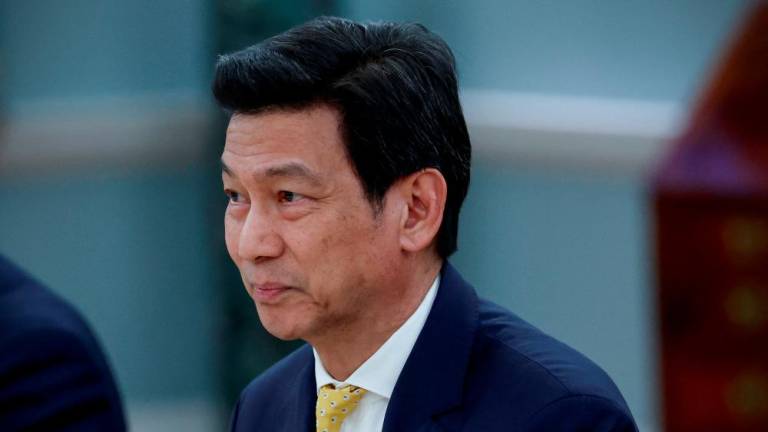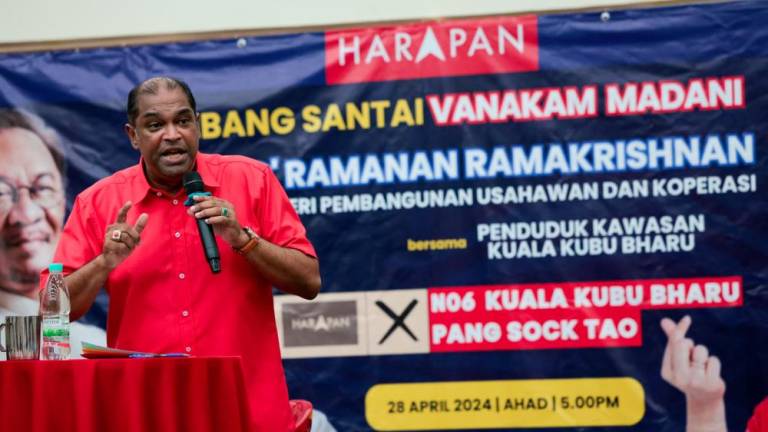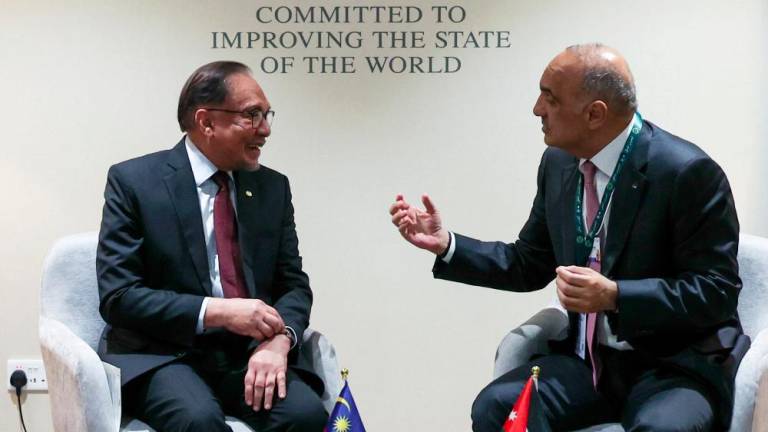KUALA LUMPUR: The use of naturalised athletes and sexual harassment against the cycling team are among the reasons that the Malaysian contingent failed to reach its target of 40 gold medals at the recent Cambodia South East Asian (SEA) Games.
National Sports Council (NSC) athlete division director Jefri Ngadirin acknowledged lost out on 22 targeted gold medals in nine sports due to a number of factors.
The men’s cricket team had to console themselves with three silvers even though they were at their peak form and are ranked first in South East Asia, while the judo team had a real chance of winning a gold medal, he said.
The presence of 13 naturalised players from India and Pakistan in the Cambodian cricket team managed to deny the three golds for Malaysia, he said, while in judo, the host useds a Japanese born exponent.
“These naturalised athletes are actually allowed by the SEA Sports Federation, there is no restriction. But we hope in the future, we can craft a better programme and strategy,” he said at a media conference of the Cambodia SEA Games contingent performance here today.
Jefri said an alleged sexual harassment incident by a coach against a woman mountain bike cyclist in March also had a negative impact on the team, as they proved to be unable to meet the target of defending the gold medal in the mixed team cross country event, and was unable to even achieve a podium finish.
“Although we resolved the issue, it had an indirect impact on the team’s performance during the Games, as they could not prepare well, and one of the athletes sustained an injury during competition,” he said.
Tactical mistakes meanwhile cost the men’s indoor hockey team and the men’s jiujitsu team their gold medals, while Indonesia’s careful preparations led to them triumphing over the national men’s doubles team in sepak takraw.
Even badminton, which had a one gold medal target, Jefri said the difference in ranking between the Malaysian and Indonesian juniors was vast, although several players put up a tough fight.
Dependence on senior athletes and the use of the same athlete in several events also led to failure in swimming, which yielded only one out of an expected three gold, while a change in rules from muay thai to kun khmer (the traditional Cambodian sport) led to the loss of gold medals in the sport.
Malaysia, however, put on a good show in other combat sports like silat, karate, kick boxing, and taekwondo, as well as diving, which produced a bonus gold.
Meanwhile, chef de mission Datuk Nasir Ali urged everyone not to look down on the national contingent’s achievement, even though they failed to meet their target.
“We should be aware that the 34 gold medals were won honourably. We need to look at our performance at the Games from two angles, firstly quantitatively, meaning the medal target itself, and qualitatively, in that we managed to uncover new talent.
“This is a wake-up call for everyone. We need to open our eyes and see where we stand in terms of our sports,” he said, adding that the the national contingent was actually on a downward trend since the 2017 Games in Kuala Lumpur.
Malaysia emerged as overall champions in 2017, with 145 gold medals, which declined to 56 gold in 2019 (the Philippines), 39 in 2021 (Vietnam) and now 34 in Cambodia. -Bernama










